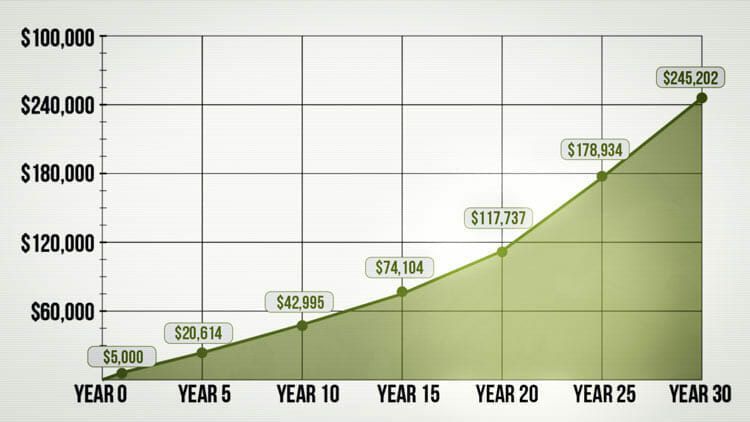:max_bytes(150000):strip_icc()/4243163-v1-05dfe20436f042999666243640fd84cd.png)
:max_bytes(150000):strip_icc()/4243163-v1-05dfe20436f042999666243640fd84cd.png)
It is often said that individuals should start investing early for several reasons. It helps them plan for their retirement, usually allows them to retire early, plan significant life events, maximise wealth over a number of years and much more. The earlier one starts, the more benefits one enjoys through compounding. From personal experience, we can vouch that early investing, as soon as one starts earning, is one of the best financial habits to have.
The two things to know before you start investing
Debt clearance
It is best advised to only start investing if you have cleared all of your debt, especially the high-interest ones. This is because you should save interest amounts only when you have nothing to repay, as leaving a debt hanging could add up to interest over months which would cost an individual a lot, at times even more than the original credit.
Emergency fund
An emergency fund should always be readily available for emergencies like medical emergencies or a financial crunch. An emergency fund should consist of at least three months of your salary before you start investing. Since not all investments are highly liquid, having an emergency fund makes sure that you have money available at the time of absolute need so that you do not have to entirely depend on your investments which can take time to convert into cash.
Understanding early investing with an example


It is said that the best time to start investing is right now, irrespective of your age or how much you are currently earning. Setting aside a part of your income, even minimal, ensures you can generate wealth from your hard-earned money.
Let us consider an example and assume that you invest £100 in ABC Ltd. (stocks) today in 2022, at the age of 18 as you start earning. With an appreciation in stock prices, you will earn an average of around 10% return every year, which means £10 every year, and when this return is added back to the original amount, you earn 10% (or more, as per the stock market conditions) every year on the added amount which may add up to become £96,000 in the next 20 years. Hence, investing £100 when you start earning can make anywhere near a million dollars with the suitable investment and risk management techniques. This example is only a fictional representation of how investments work, and the amount can vary from time to time as we do not guarantee the same or similar price changes.
How to invest smartly?
- Find the right employer’s match investment opportunity
Most employers provide their employees with retirement plans in the western world, often including an employer match. This campaign refers to the employer contributing some amount to your investment, and you do the same simultaneously. You can see if your company offers the same, and it is almost like free money, so it is worth it!
For example, some employers choose to contribute on a percentage basis, like 5% of an employee’s salary, to their investment regime. Thereafter, they start matching the amounts that you put into the investment; hence, the more you invest, the more they contribute, up to a limit of 5% of your salary. This means you get some percentage of your salary for free, which in turn increases in value over the years. You can choose your investment option by –
- Keeping it simple and target investment plans that match your investment goals
- Choosing funds that have the lowest expense and highest interest ratio so that you pay a samller fee but gain a higher amount as return on investment
- Going outside the regular box and using brokerage houses to choose the right stock portfolio or mutual funds as your investment plan
- Make use of tax advantages
The second way to make an intelligent investment decision is by making your plans tax-advantageous. You can open traditional individual retirement accounts to make use of tax-advantaged options. You can save up to £20,000 in one type of account or split the allowance across some or all of the other types. You can only pay £4,000 into your Lifetime ISA in a tax year.
Such options also allow you to take out your money in unusual circumstances like paying for the first house, an emergency medical expense or an absolute financial crunch during a crisis like the pandemic.
Final words
You need to think about several things when making an investment decision, like a considerable expense on the way, current savings, medical expenses and more. One invests for reasons like post-retirement life, buying a house later for their children’s upbringing and education or just with a purpose of multiplying their wealth. It is best advised to start investing small amounts as early as possible, preferably from the same time you start earning money. As you become older and start earning more, you become an experienced investor and can take riskier investment decisions that help you create wealth from wealth.
If you’d like to learn more about how to start investing, then click the link below to request an introduction.





